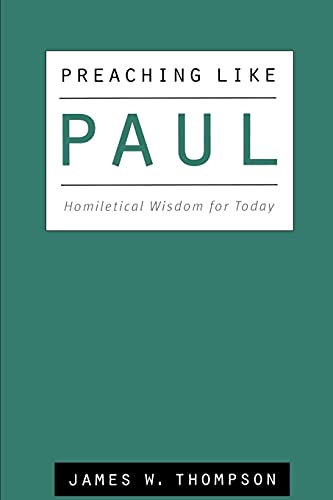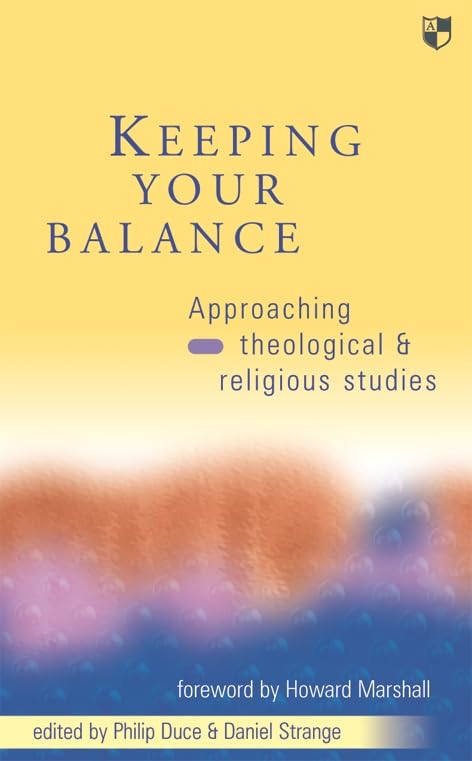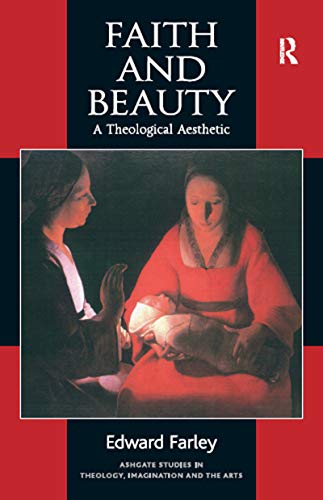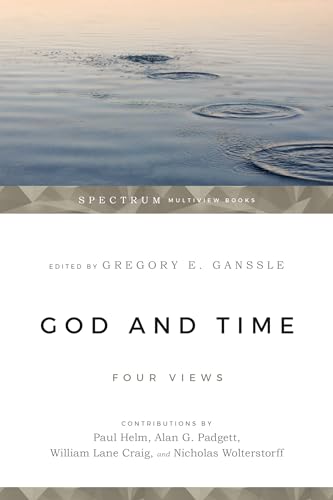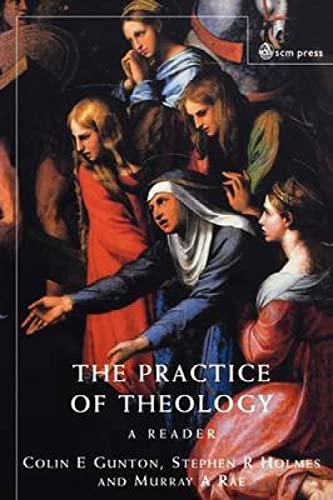JESUS THE WORD ACCORDING TO JOHN THE SECTARIAN. A PALEOFUNDAMENTALIST MANIFESTO FOR CONTEMPORARY EVANGELICALISM, ESPECIALLY ITS ELITES, IN NORTH AMERICA
Written by Robert H. Gundry Reviewed By I. Howard MarshallThis book falls into three, rather diverse parts. Chapter 1 (50 pp.) is an exegetical study of the Gospel of John which seeks to establish that the Christology of the Work established in the prologue is maintained throughout the Gospel where Jesus is a speaker of words and the word just as he both gives bread and is himself the Bread of Life. Once stated, this proposition is dazzlingly obvious and self-evident. This does not mean that you don’t need to read the demonstration. Gundry is an astonishingly well-read and ingenious scholar, and the details of his case throw fresh light on the text at many points and will raise debate among scholars. His fundamental case is sound, even if some of the support is controversial.
Chapter 2 rather more briefly (20 pp.), argues that John represented a sectarian type of religion with a sharp distinction between the elect and the non-elect who understand and accept the words of Jesus and who fail to do so respectively. The Johannine Jesus neither loves nor prays for the latter (‘the world’), and the disciples are called merely to love one another. So John is countercultural and ‘rejects the social environment in which [he] exists’; yet Jesus still speaks to the world through the Gospel.
In chapter 3 (43 pp.) Gundry argues that evangelicals today need to heed John’s form of Christianity rather than those of other NT writers. North American evangelicalism in its pristine fundamentalist form (c. 1900–1920) was sectarian in a proper sense. Then it went through a temporary isolationist phase (1920s–1940s). But now it has lost its sense of battling with the world and is in grave danger of contamination through its involvement in the world, both as regards its scholarship and its Christian living. Gundry lists the numerous weaknesses of contemporary evangelicalism as he sees it—a shift from preaching to liturgy and sacrament; a curtailment of the doctrine of eternal punishment; a trend to acceptance of religious pluralism; and an edging towards universalism; a cooling of missionary zeal; an emphasis on present existence and this-worldliness rather than future rewards and other-worldliness. Worldliness is rampant, not just a relaxing of the traditional evangelical taboos, but ‘materialism, pleasure-seeking, indiscriminate enjoyment of salacious and violent entertainment, immodesty of dress, voyeurism, sexual laxity and divorce’ (79); had he been writing about the UK, he might well have drawn attention to the uncritical acceptance of an alcohol-based social culture. It is a damning indictment of what Gundry sees as a contemporary trend in evangelicalism from being a sect, to becoming a successful sect, to becoming an institution. There are other types of theology of church and world in the NT (he singles out Luke-Acts, wrongly, as having a ‘typically institutional emphasis on sacraments’), but it is John to whom we should be listening as a tract for our times.
You can (and must) accept chapter 1 without necessarily accepting chapters 2 and 3. I think chapter 2 is a different issue from chapter 1 and is open to some debate. It seems casuistic to me to allow that God loved the world but this love was not shared by Jesus (nor permitted to his disciples), especially in view of the unity between Father and Son. Nor is it clear how on this account anybody can cross over from the world into discipleship.
Chapter 3 again stands on its own. It raises a huge agenda of questions about the dangers that currently threaten evangelicalism, questions to which John does not give any direct answers but which nevertheless must be asked and answered in the light of biblical teaching. I consider these questions to be extremely important. One might ask how we know that we should be listening to John rather than some other NT documents (e.g. the Pastoral Epistles or 1 John) which stress more involvement in the world. Gundry does not deny that there is an underlying theological unity to the NT, but suggests that some books speak more relevantly than others in different circumstances; I agree, but feel that somehow we must listen to the concerted voice of the biblical writers.
The evangelical world needs to listen to Gundry and take his concerns with the utmost seriousness.
I. Howard Marshall
I. Howard Marshall
University of Aberdeen
Aberdeen, Scotland, UK



